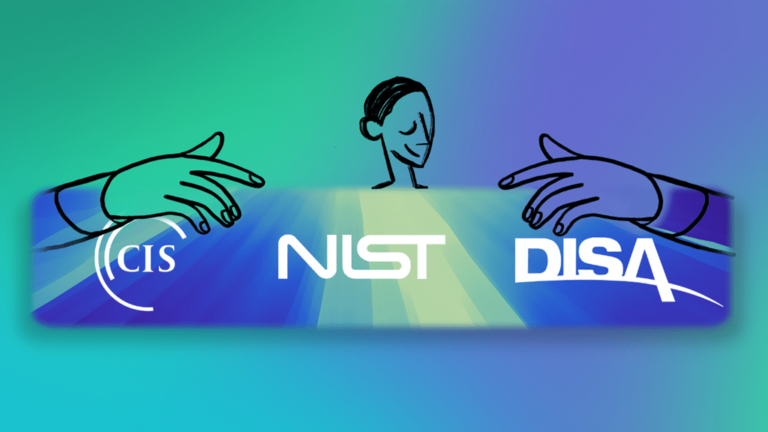Layered Compliance: The Evolution of Cybersecurity Insurance in 2024
In today’s digital landscape, where threats to businesses’ data and security are constant, cybersecurity insurance has emerged as a mission-critical safeguard. Recent research indicates a remarkable shift in its adoption, revealing the pivotal role it plays in the corporate world.
According to Addigy’s 2023 comprehensive survey, a staggering 91% of companies have already embraced cybersecurity insurance policies. Among the remaining, 90% have imminent plans to secure such policies. This surge in adoption marks a significant departure from the past, when cybersecurity policies struggled to find favor among corporate buyers.
The rise of cybersecurity insurance can be attributed to two powerful forces: the repercussions of large-scale breaches and the impact of regulatory compliance standards. The last 25 years have witnessed cyberattacks grow in scale and sophistication, leading to catastrophic data breaches that cost businesses dearly. Moreover, stringent regulatory mandates have reshaped the security landscape, compelling organizations to bolster their defenses or face dire consequences.
Interestingly, our study unveiled a nuanced trend related to the workplace environment. Companies operating entirely in remote or traditional in-person settings reported 100% coverage through cybersecurity insurance. However, hybrid workplaces, where remote and in-person elements converge, showed relatively lower adoption rates. This disparity underscores the evolving nature of work arrangements and their implications for security measures.
Our in-depth analysis from Addigy sheds light on the driving forces behind this insurance trend. The convergence of evolving regulations, expanding workforces, and high-profile data breaches has magnified the urgency of cybersecurity insurance adoption. The enduring impact of the pandemic, which accelerated the shift towards remote and dispersed work, has further heightened the need for comprehensive protection.
Is it really secure?
However, organizations should not assume that merely possessing cybersecurity insurance equates to absolute security. Several companies might unknowingly violate their policy’s terms, leading to denied claims when it matters most. Maximizing the benefits of such insurance entails evaluating device management solutions such as Addigy, ensuring they adhere to security and compliance standards stipulated by insurance providers. A key concern lies in the absence of a robust device management strategy, which could inadvertently breach policy requirements. Inadequate patching and management capabilities might render a policy void during a crisis.
As we navigate this intricate landscape of cybersecurity insurance, it’s evident that layered compliance is imperative. To truly reap the benefits, organizations must align their security strategies with insurance prerequisites. In this era of heightened cyber threats, embracing cybersecurity insurance alongside a robust and proactive device manager isn’t just a smart choice – it’s necessary for a resilient and secure business future.







